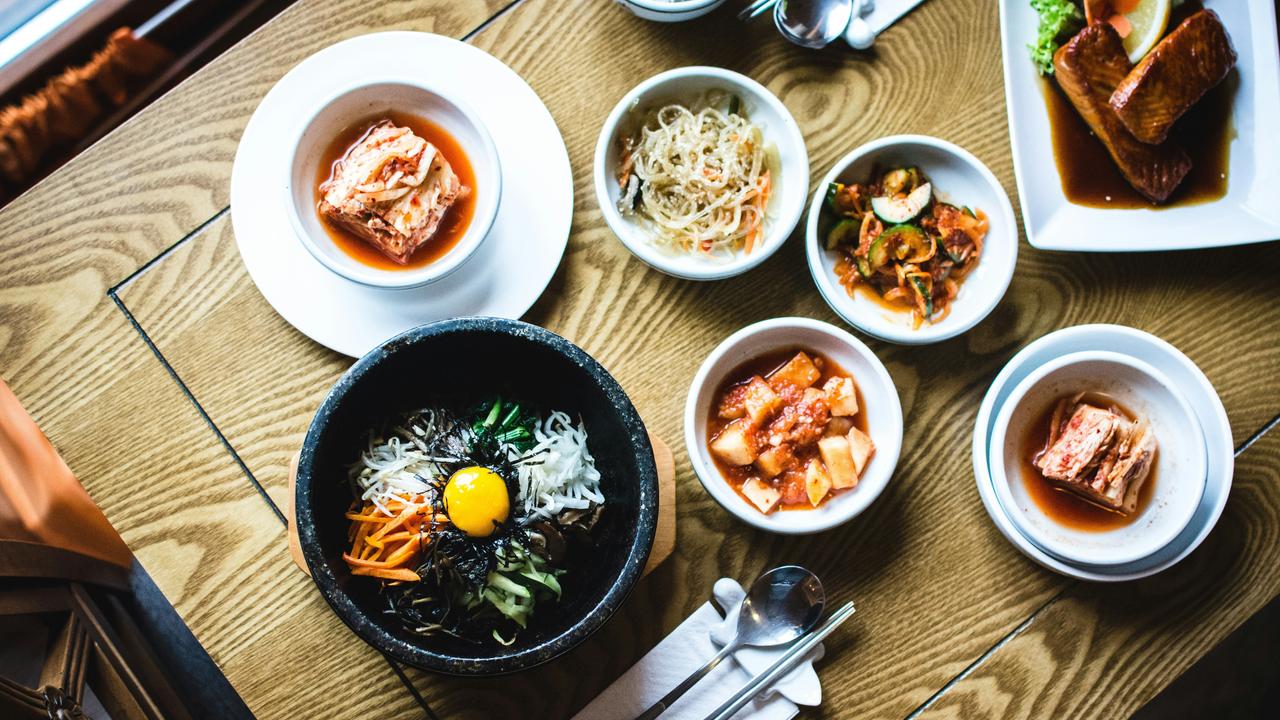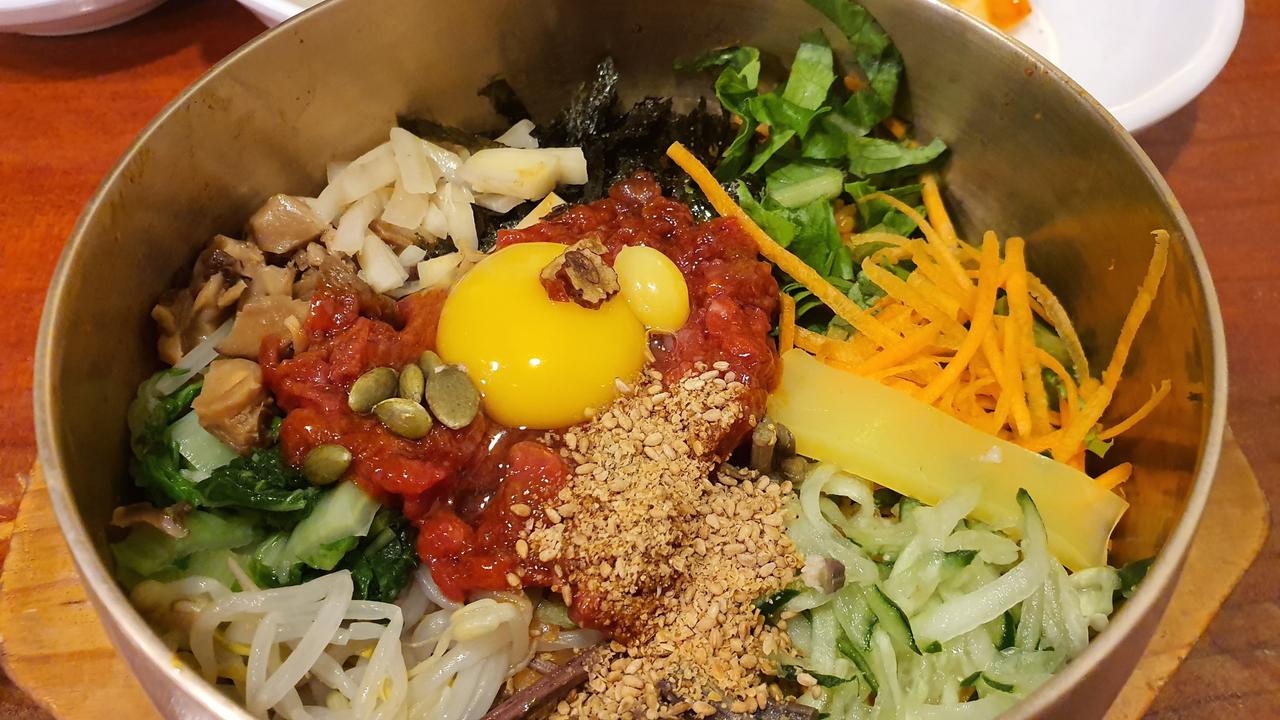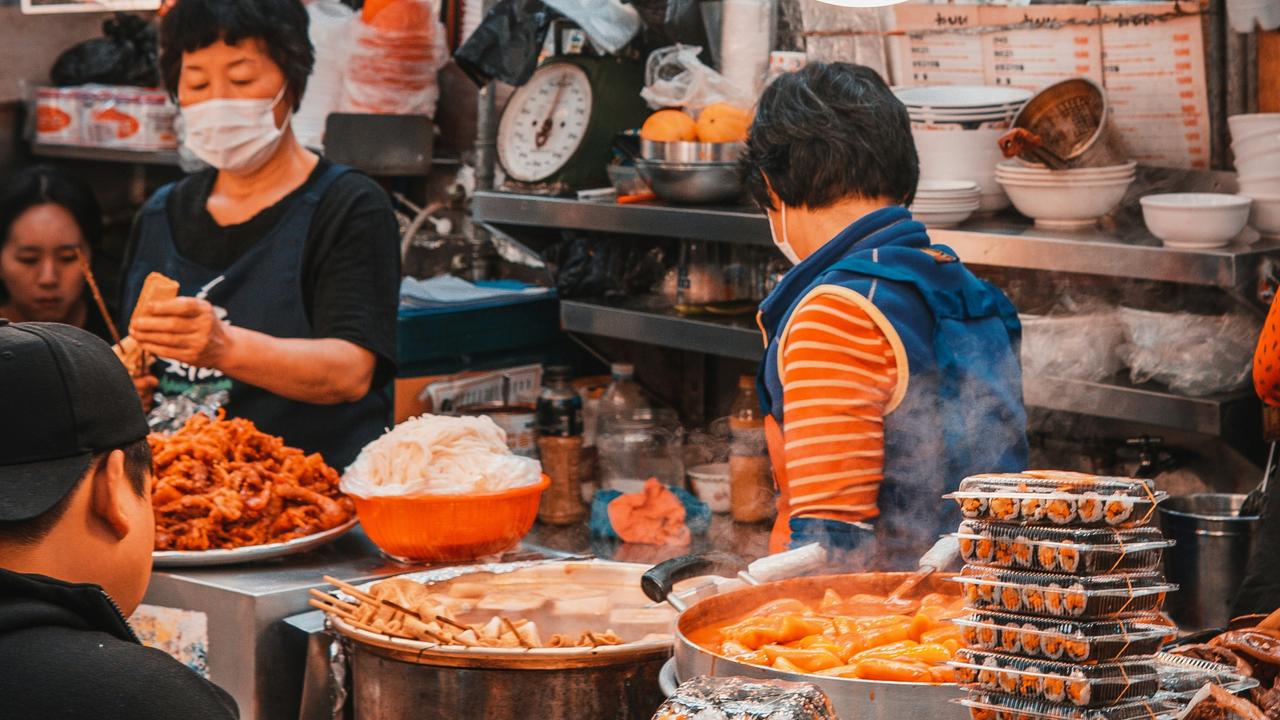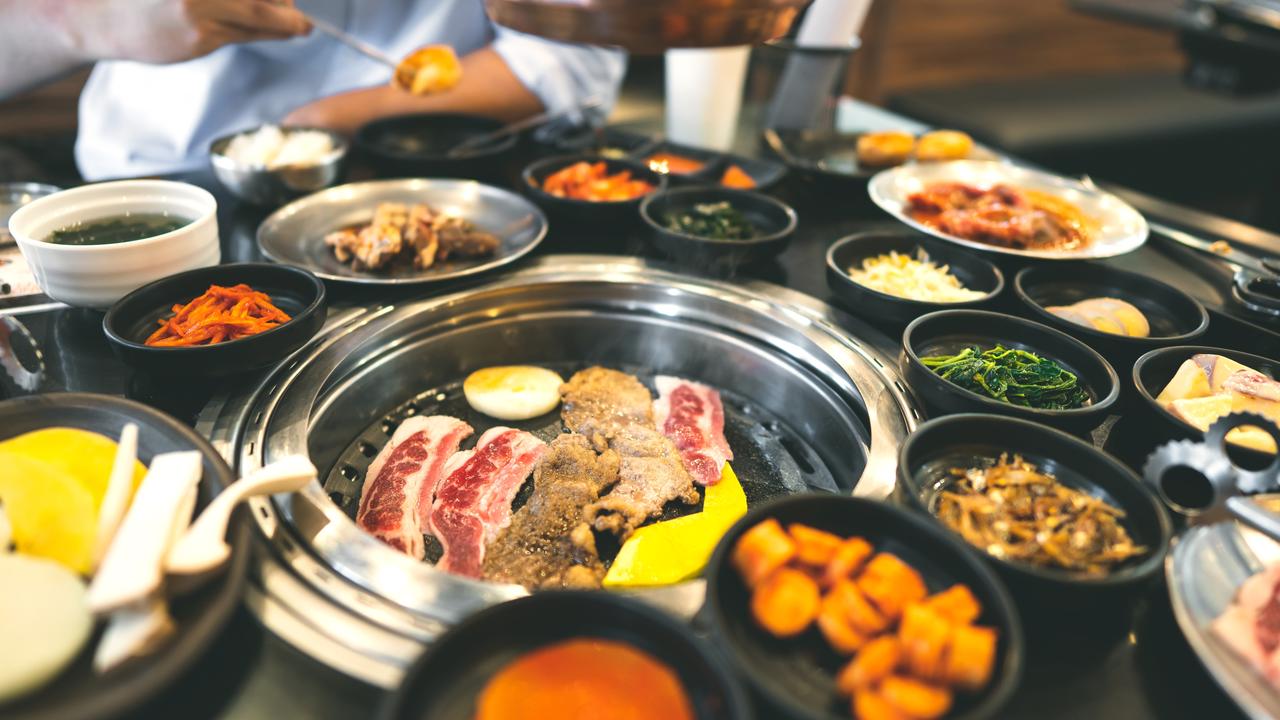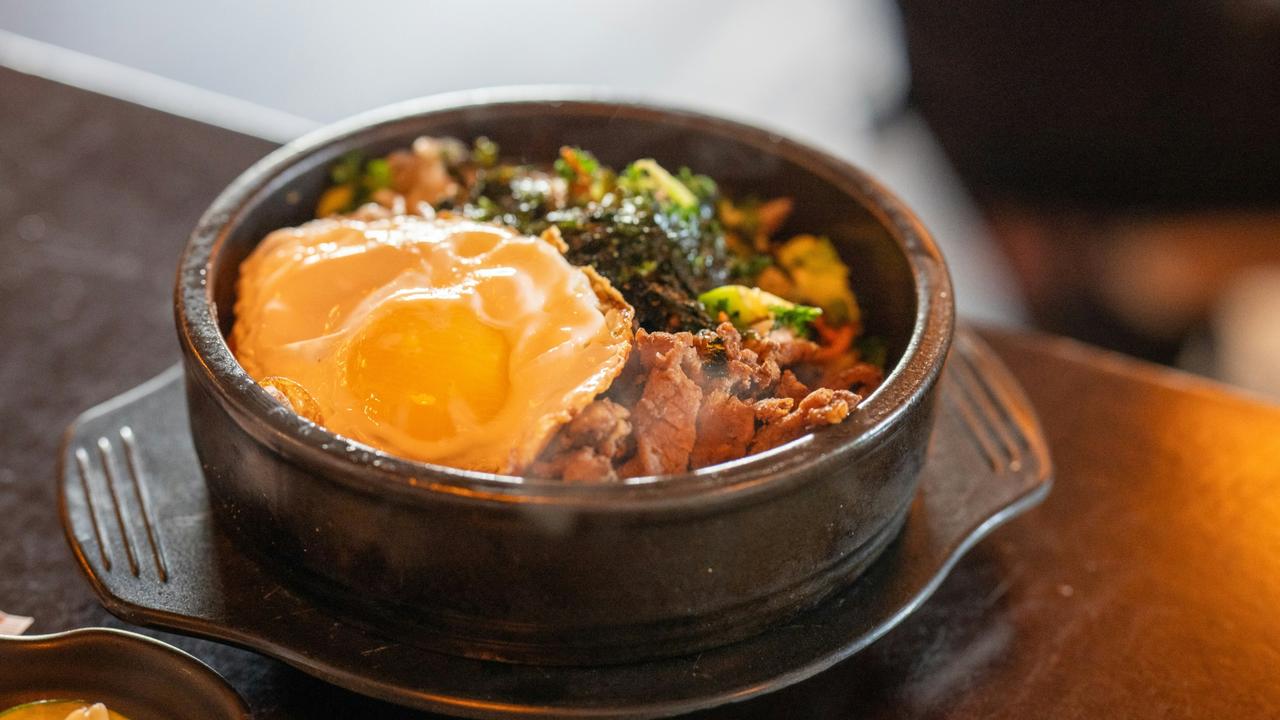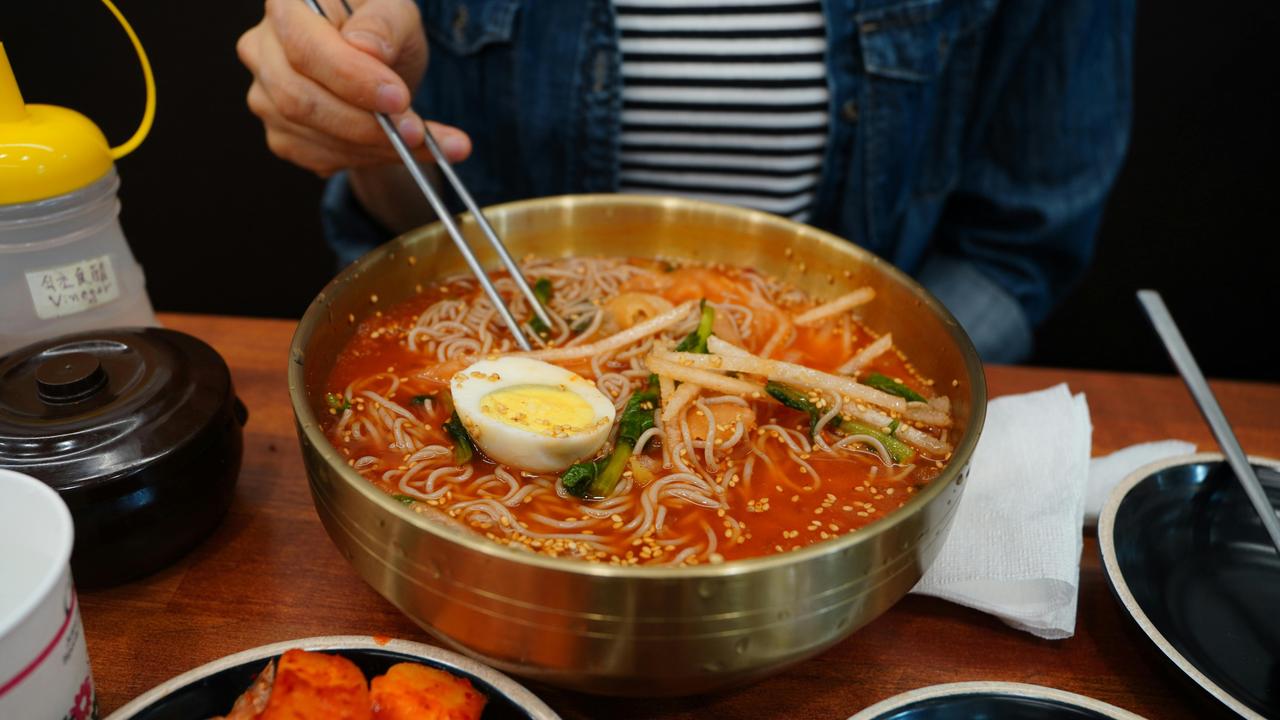Taste South Korea
The way to South Korea’s heart is undoubtedly through its food. This is a nation that takes immense pride in its culinary diversity, offering an array of dishes that can be both thrilling and overwhelming for newcomers. South Korea’s dynamic culture pulses vibrantly through its cuisine, from the fiery, fermented punch of kimchi in Seoul to the comforting warmth of samgyetang (Ginseng chicken soup) in Jeonju, each region and town unveils its unique identity through its flavours, with every mouthful telling a story.
South Korea’s food culture is built around balance: bold yet refined, rich yet light, steeped in tradition yet constantly evolving with the modern world. Whether it’s the vibrant sizzle of meats grilling at a barbecue restaurant, the comforting slurp of hot noodle soups in a quiet alleyway, or the satisfying crunch of freshly fried street snacks, there is a wealth of variety and an unmistakable depth of flavour. Korean food is more than just a meal, it’s a social event, with a communal joy deeply rooted in sharing.
What to expect from South Korean food:
An array of delicious sides known as banchan
Communal dining experiences with dishes designed for sharing
Balanced flavours with plenty of spice
A strong street food culture
Image gallery
A firm favourite
Amidst South Korea’s many gastronomic treasures, one dish remains a perennial favourite. Bibimbap - a vibrant mix of warm rice, sautéed vegetables, and gochujang (chili pepper paste), often topped with a fried egg and slices of meat - is an essential experience when in South Korea. Crafted with care, it’s a harmonious blend of textures and flavours, best experienced in its birthplace, Jeonju. There's something about sitting in a bustling restaurant, mixing your bibimbap in a sizzling hot stone bowl (dolsot) with eager locals, and savouring each bite, that captures the essence of South Korean food.
Regional delicacies
South Korea’s culinary landscape shifts from the savoury and bold flavours of the north to the spicy and rich tastes of the south. But timing is key: early risers catch the best eats! Start your day with a morning stroll through Seoul's markets, enjoying bowls of gukbap (soup with rice) or grabbing a hotteok (sweet pancake) fresh off the griddle. Sample bindaetteok (mung bean pancakes) and sip on a revitalising cup of makgeolli (traditional rice wine) or a rich, aromatic Korean coffee - the perfect start to a day of culinary exploration.
In the heart of Busan, explore the bustling Jagalchi Fish Market, feasting on the freshest seafood, from grilled eel to spicy fish stews. Venture into the vibrant alleys of Gwangjang Market in Seoul, tasting treats like tteokbokki (spicy rice cakes), soondae (blood sausage), and mandu (dumplings).
Down south in Jeju, savour the island’s unique offerings such as rich black pork barbecue and seafood hotpots. If you're in the mood for something special, indulge in a hanjeongsik (full-course Korean meal) for an elegant dining experience that focuses on the precise balance of flavours and presentation.
Must-try dining experiences
In South Korea it isn't just what you eat, but how, that's important. One of the most interactive and enjoyable ways to dine is at a Korean BBQ, or gogi-gui, which involves grilling meats like bulgogi (marinated beef) and samgyeopsal (pork belly) at your table, wrapping them in lettuce with garlic, kimchi, and a spicy ssamjang paste, before enjoying the smoky taste and satisfying crunch. It’s a feast that’s as much about the process as it is about the flavours.
Street food culture across Asia is an integral part of everyday life and it is no different in South Korea. Wander through the Myeongdong district in Seoul and you’ll find vendors serving up everything from crispy tornado potatoes to cheese-stuffed corn dogs and silky ice cream rolls to hungry locals and tourists. It’s a fast, fun experience, packed with flavour.
And that’s just the beginning. Sampling South Korea’s wealth of food options from luxurious hanjeongsik feasts in traditional hanoks to impromptu picnics amidst serene landscapes, brings countless opportunities to connect with Korea’s past, present, and future. Dive in and savour every last bite.

